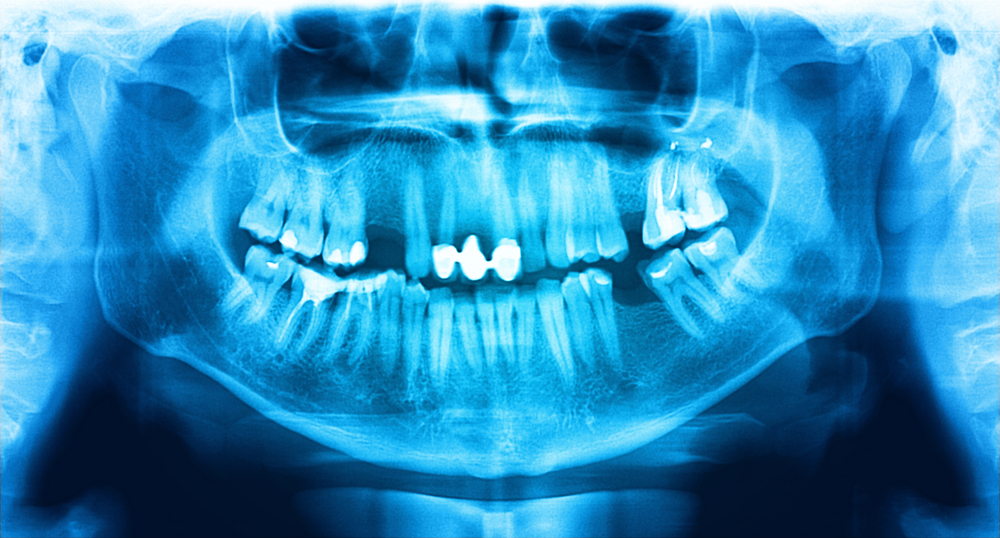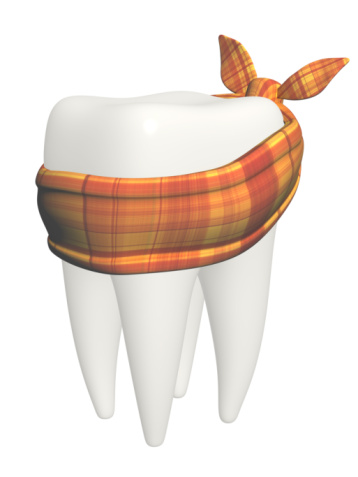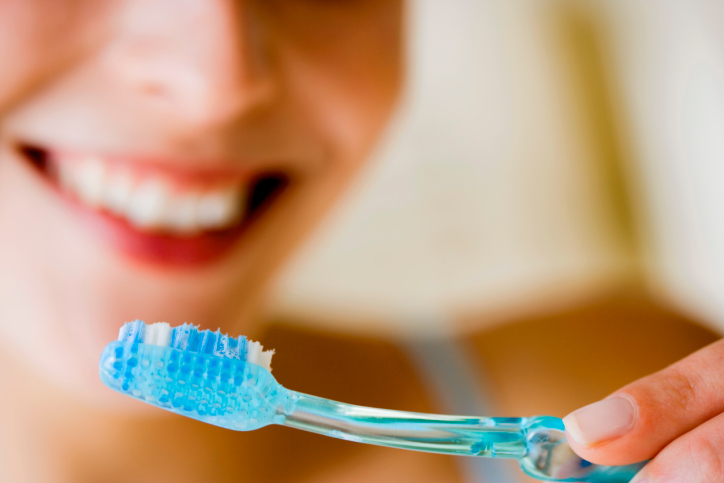 Are you hoping to catch someone under the mistletoe this season? Kissing under the branches and berries of a mistletoe sprig has been a worldwide tradition for generations, perhaps longer (the origins of the ritual are vague). Many people still find the tradition fresh and exciting every year, and you may be among those surprised with a kiss. If so, you’ll want to ensure that the person kissing you remembers the moment for the right reason. Atlanta dentist Dr. Peter Pate gives you these tips to ensure that your mouth remains kissable and ready for those mistletoe surprises.
Are you hoping to catch someone under the mistletoe this season? Kissing under the branches and berries of a mistletoe sprig has been a worldwide tradition for generations, perhaps longer (the origins of the ritual are vague). Many people still find the tradition fresh and exciting every year, and you may be among those surprised with a kiss. If so, you’ll want to ensure that the person kissing you remembers the moment for the right reason. Atlanta dentist Dr. Peter Pate gives you these tips to ensure that your mouth remains kissable and ready for those mistletoe surprises.
Tips to a Kissable Mouth
- To keep your breath consistently fresh, your toothbrush and floss are your best friends. Oral bacteria, the culprits that bring tooth decay and gum disease, can also bring bad breath. Brushing and flossing your teeth at least twice a day will help control the bacterial population, inhibiting the number of germs available to pass gas in your mouth. (more…)






